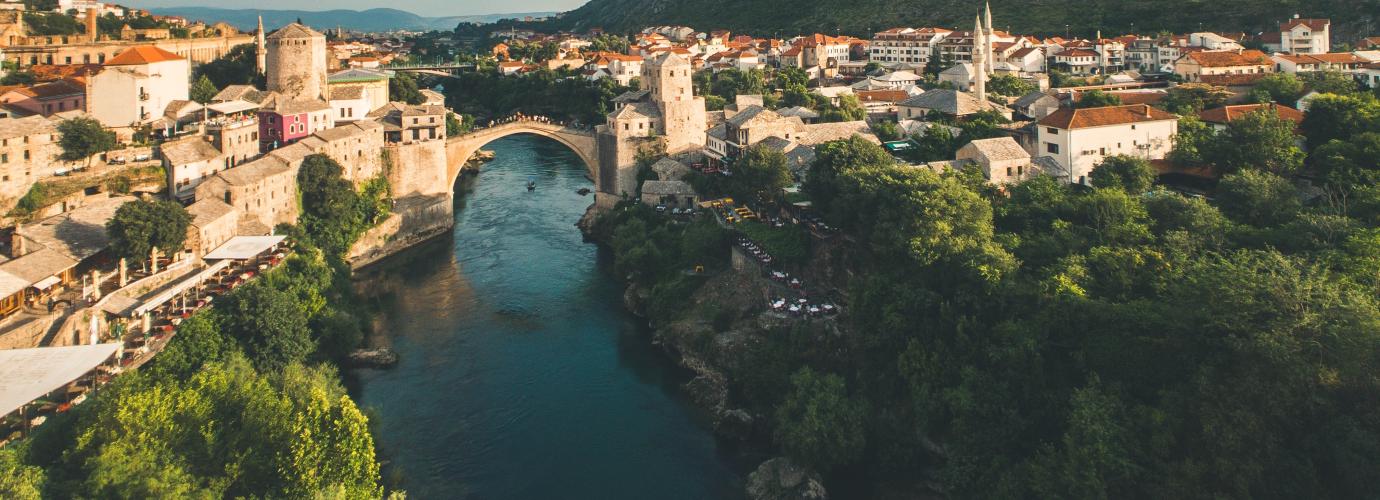Curriculum, subjects, number of hours
Programmes of Vocational Secondary Education are realized on the basis of the curriculum.
Curriculum establishes: a) purpose of the programme, b) goals of the programme, c) subjects and contents, d) duration and basic forms of programme execution, e) number of classes, f) number of hours for each subject and g) didactic requirements for the programme execution. In the curriculum development, the emphasis is put on achieving defined objectives, learning outcomes and occupational standards.
The vocational curricula include the application of modular methodology that enables rapid response to changes in society and technology. The Curriculum for Vocational Secondary Schools establishes mandatory general subjects and professional and theoretical subjects and practical classes. General subjects, professional and theoretical subjects, as well as practical lessons are presented by weekly and annual number of hours in accordance with the curriculum for each subject and grade.
Classes and other forms of educational work are realized in two semesters. The first semester classes begin the first Monday in September. In the school year pupils have winter holidays lasting for three weeks, one-week spring holidays and summer holidays lasting from the end of classes in the second semester to the beginning of classes the following school year. School may deviate from the adopted school calendar only for justifiable causes and with the approval of the Ministry. The school is obliged to implement the envisaged number of the teaching hours to the extent of not less than 95%. Daily load of pupils is regulated by the timetable and cannot exceed 30 hours per week. Theory teaching class, exercises and practical work class in school takes 45 minutes.
Teaching methods and materials
The curriculum includes mandatory, elective and optional forms of educational work. Mandatory forms of educational work are:
a) lectures,
b) expert and theory lectures,
c) practical lessons and exercises,
d) elective courses,
e) class community hours,
f) additional classes,
g) remedial classes and
h) practice and practical work when provided by the curriculum.
Mandatory forms of educational work for full-time pupils who are to take remedial examination, class exams and for part-time pupils include: a) preparatory classes, b) practical work and c) consultative and instructional work. Additional classes will be offered for pupils who achieve extraordinary results and demonstrate openness to new knowledge. School organizes remedial courses with pupils who find themselves behind in learning programmes in certain subject areas.
Optional classes include:
a) teaching of the minority languages with elements of national culture,
b) teaching a second language in schools where pupils study one foreign language in vocational schools
c) teaching of subjects necessary for further education, professional training or development of pupils.
Optional forms of educational work are mandatory for pupils who opt for them. Pupils select elective classes at the end of the third grade of the current school year from a list of subjects for elective classes. The list of courses for elective classes is defined by the curriculum.

